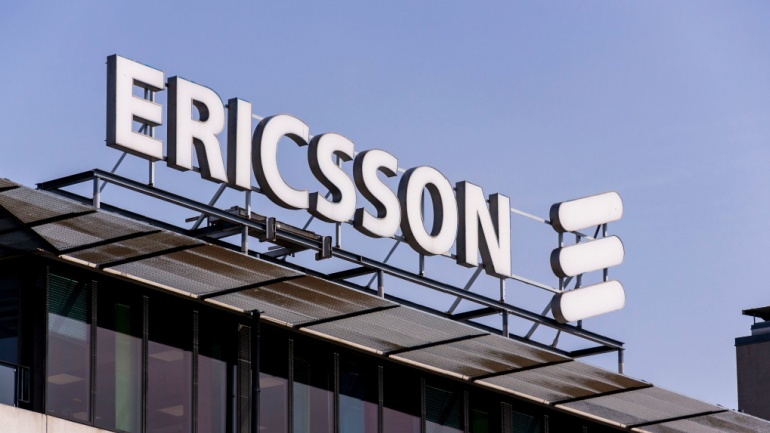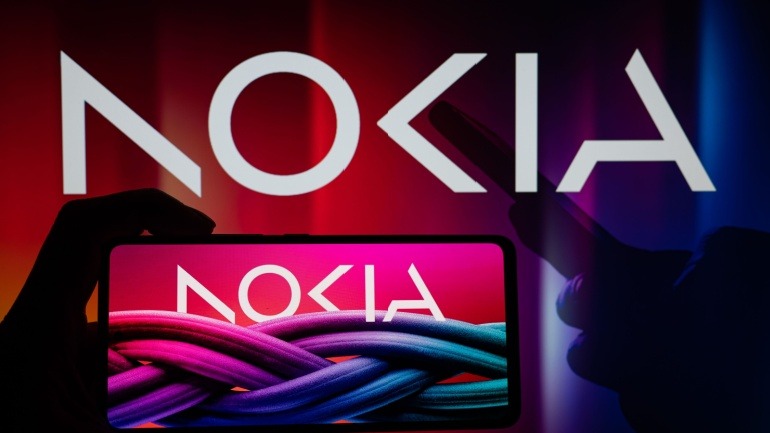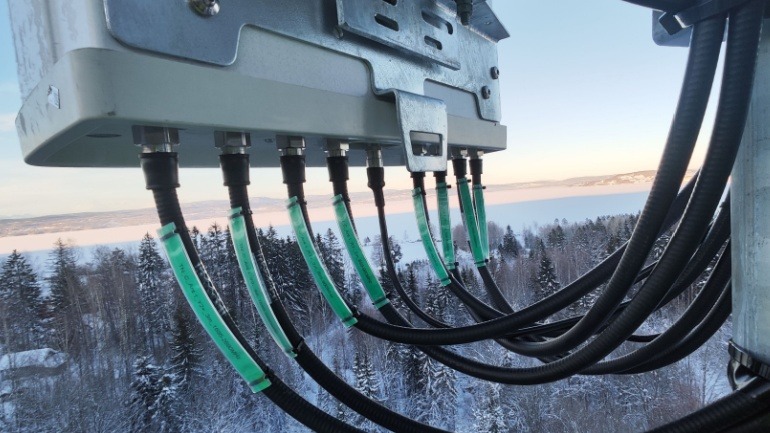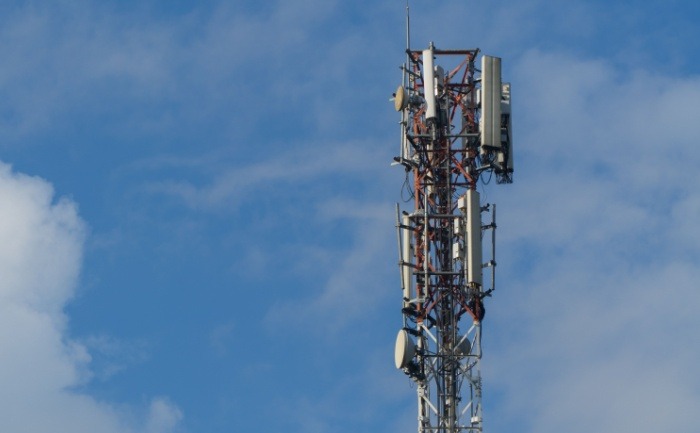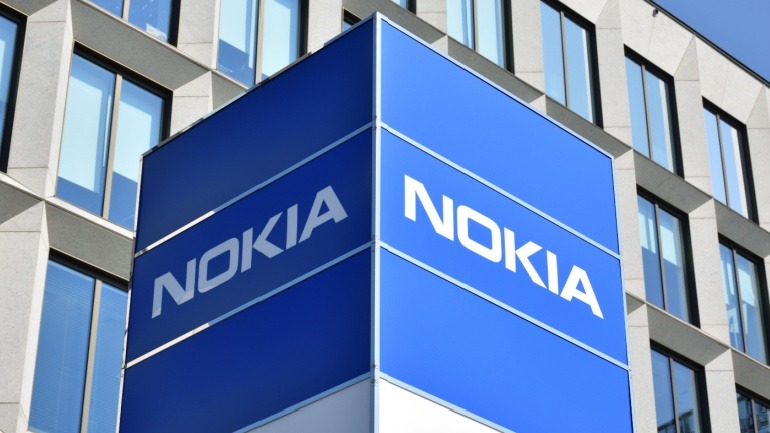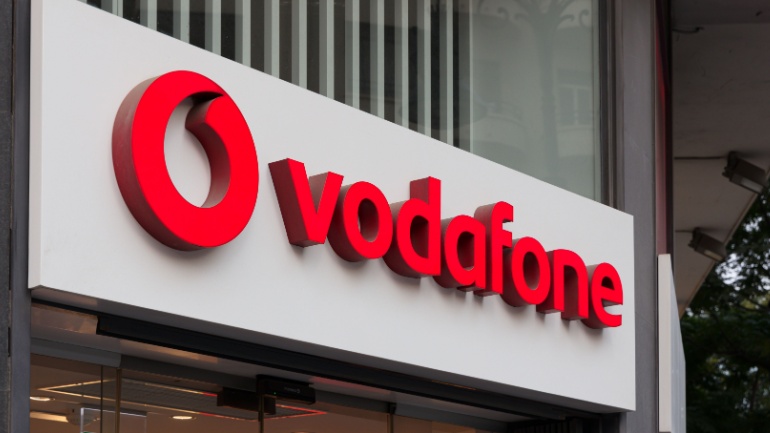Madrid is revolutionizing public safety by integrating advanced 5G capabilities into its emergency services. In collaboration with Orange and Ericsson, the city now boasts a dedicated 5G network slice for emergency responders. This ensures resilient, high-speed communication for police, fire, and medical teams, even amidst network congestion.
Ericsson is redefining its approach in the private 5G sector, aiming to challenge doubts about its telco legacy in adapting to enterprise needs. By merging dedicated private networks with indoor coverage, Ericsson targets enterprises seeking strong 5G connectivity. Their experience in large-scale deployments ensures innovative, mission-critical solutions for robust wireless communication.
MasOrange, in collaboration with Ericsson, is set to revolutionize its Radio Access Network (RAN) by integrating the Intelligent Automation Platform. This strategic partnership aims to enhance VoIP capabilities through innovative rApps like the Cell Anomaly Detector, which predictively optimizes network performance, and the RAN Energy Saver, advancing sustainable network management.
Ericsson is advancing its API strategy by acquiring a stake in LotusFlare, enhancing telecommunications with innovative network API solutions. By addressing challenges developers face, such as procurement complexities and pricing inflexibility, Ericsson aims to streamline processes and unlock revenue potential in the growing API market through LotusFlare’s DNO Cloud platform.
Nokia’s recent strategic shift raises eyebrows as it slashes European jobs while investing $4 billion in US R&D. This move underscores a stark pivot towards American interests amid Europe’s digital sovereignty push. As Nokia realigns, VoIP professionals must assess the implications on European technology autonomy and market dynamics.
The radio access network market is stabilizing, offering a promising outlook after past downturns. While the RAN growth remains steady, the mobile core network shows impressive gains, especially with 5G developments. Companies like Ericsson and Nokia are key players, advancing telecom infrastructure with innovative VoIP solutions, paving the way for future growth.
The GSMA highlights a pressing need for more spectrum to enable 6G network expansion. By the mid-2030s, urban areas might require an additional 2-3 GHz in mid-band spectrum to support burgeoning demands driven by new technologies like extended reality and autonomous vehicles, as well as existing mobile services such as video streaming and gaming.
The Radio Access Network market continues to thrive in 2025, with key players like Huawei, Ericsson, Nokia, ZTE, and Samsung steering the industry forward. The RAN sector is evolving through artificial intelligence and cloud-native technologies, especially in Asia-Pacific. Stay updated with the latest trends and insights in VoIP solutions.
Ericsson, Nokia, and Fraunhofer HHI are pioneering advances in video coding for the 6G era, focusing on enhancing media experiences and mobile video efficiency. Aimed at revolutionizing digital media, their new codec provides superior compression, energy efficiency, and scalability, setting the stage for high-efficiency streaming and immersive formats.
Vodafone’s RAN overhaul, leveraging advanced VoIP technologies for 5G services, marks a pivotal shift. By integrating carrier aggregation, AI, and Open RAN, Vodafone aims to enhance network efficiency. Vendors like Ericsson play key roles, highlighting Vodafone’s balanced strategy in the competitive telecommunications market. This digital innovation promises enhanced connectivity.




